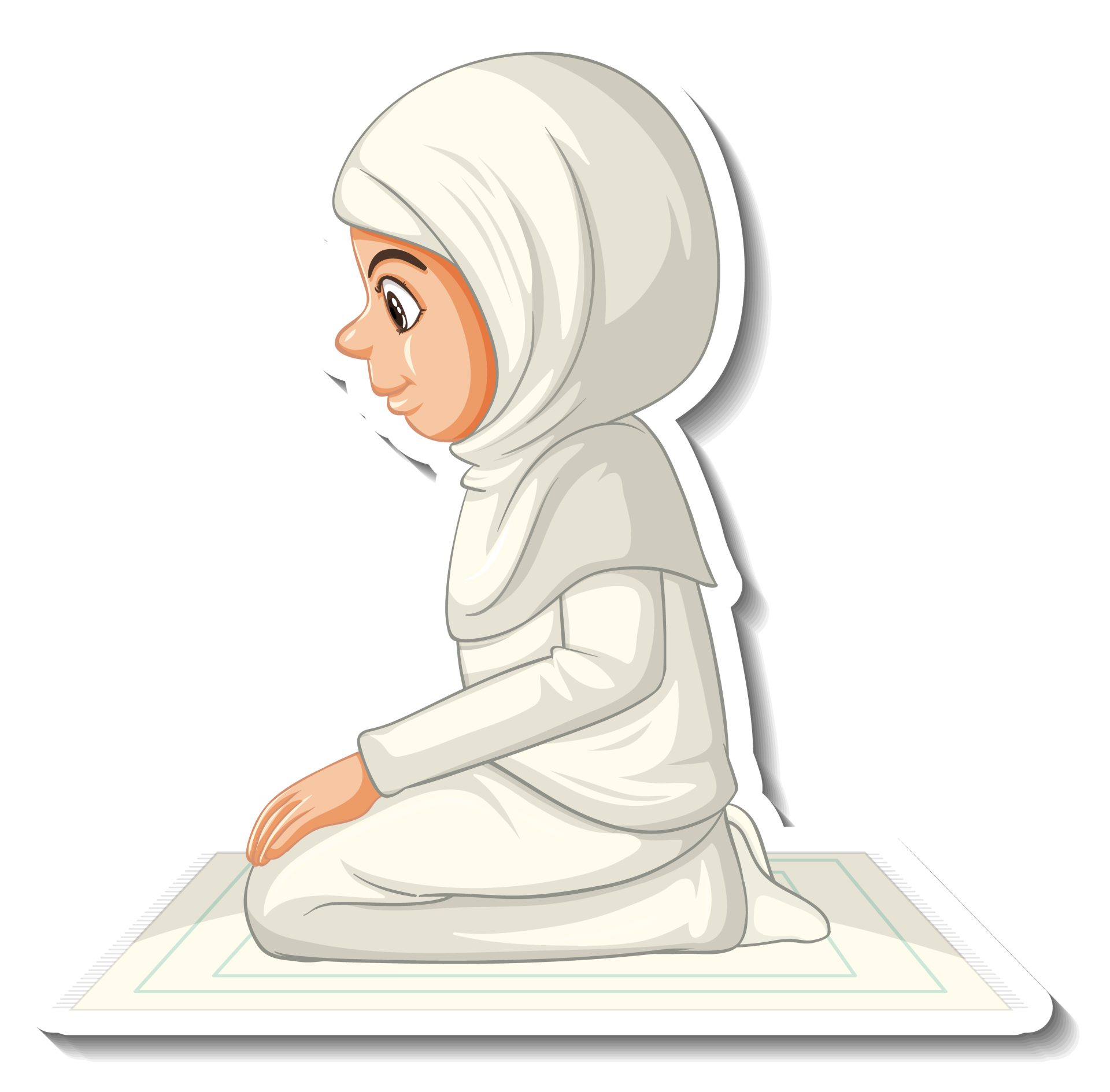The return of an immigrant:
Umm Habiba bint Abu Sufian was prophet Mohammad’s tenth wife. She had migrated to Abyssinia with her husband, Ubaidullah ibn Jahsh. However, the husband left Islam and became a Christian. During that time, She gave birth to her daughter, Habiba, as the serah and Islamic studies mention. She was the daughter of Abu Sufian, prophet Mohammad’s greatest enemy. She was in a very bad situation. Her newly born baby was abandoned by her father. Umm Habiba had angered her father Abu Sufian by embracing Islam. Also, she was a stranger without a husband. She did not know what to do in such circumstances.
A message from al-Hijaz:
One day, a messenger arrived in Abyssinia from al-Madina. The messenger went to the Negus, the Abyssinian king, according to the serah and Islamic studies courses. The messenger carried a message from prophet Mohammad. Prophet Mohammad asked the Negus to allow prophet Mohammad to marry Umm Habiba. When Umm Habiba heard the news, she was very happy. The Negus carried out the marriage precautions. Khalid ibn Saeed ibn al-Aas was herrepresentative. Therefore, the Negus announced the marriage of Umm Habiba and prophet Hohammad. Her dowry was four hundred gold dirhams. The wives of the Negus sent her the marriage present. She kept the Negus’ present and used it after she returned to al-Madina.
Between the father and the husband:
Umm Habiba arrived at al-Madina at a very good time. The Muslims were celebrating the victory over the Jews. Therefore, they celebrated her marriage with a big banquet, according to the sera and Islamic studies. The prophet’s wives tried to complement Umm Habiba. However, Umm Habiba was still sad. Her father, Abu Sufian, had not embraced Islam yet. hostility between Quraish and Muslims did not end. One day, Quraish violated the accords with Muslims. Afraid of the Muslims’ reaction, Quraish sent a delegate to negotiate. The representative of Quraish was Abu Sufian, Umm Habiba’s father himself.

Abu Sufian’s efforts and disappointment:
Abu Sufian tried to make Abu Bakr and Omar help him, but in vain. Therefore, Abu Sufian went to Umm Habiba, his daughter. When Abu Sufian entered her house, he wanted to sit down on prophet Mohammad’s rug. To his surprise, Umm Habiba denied him the prophet’s rug. She told Abu Sufian that he was not a Muslim yet. Abu Sufian hoped that she would help him extend the truce with muslims for another ten years. Eventually, Abu Sufian went to Ali ibn Abi Talib. Ali advised Abu Sufian to expect war. Abu Sufian returned to Makah after he had failed with his mission, as the Quran and Islamic studies say.
Umm Habiba and the war drums:
Umm Habiba realized that the war between Quraish and prophet Mohammad was approaching. Therefore, she made dua for the victory of prophet Mohammad and Muslims. However, Umm Habiba still wished that her father embraced Islam. One of the prophet’s companions sent a message warning the Quraish of the Muslims’ attack. Prophet Mohammad sent Ali ibn Abu Talib and al-Zubair ibn al-Awam to stop the messenger. The companion who wanted to warn the Quraish was Hatibn ibn Abi Balta’. Hatib thought that he would protect his children that way. Omar wanted to kill Hatib for high treason. However, prophet Mohammad stopped Omar because Hatib had fought in the battle of Badr. This was according to the Islamic studies’ researches
Umm Habiba’s hopes come true:
Ten thousand companions accompanied prophet Mohammad in an army. They headed for makkah. They wanted to conquer the town. Prophet Mohammad and his companions entered Makkah without fighting. That night Abu Sufian was too worried to sleep. Abu Sufian went to al-Abbas ibn Abdul-Muttalib. Al-Abbas advised Abu Sufian to embrace Islam, which Abu Sufian did. Al-Abbas went with Abu Suffian to prophet Mohammad who said that those who entered Abu Sufian’s house were safe. This is mentioned in the Islamic studies and sera courses. That was sufficient for Abu Sufian to feel satisfied. She was happy about that. Umm Habiba lived after prophet Mohammad. She narrated many hadiths. Umm Habiba died in the year forty-four after the prophet’s migration to al-Madina. Umm Habiba was buried at al-Baqi’ cemetery.
